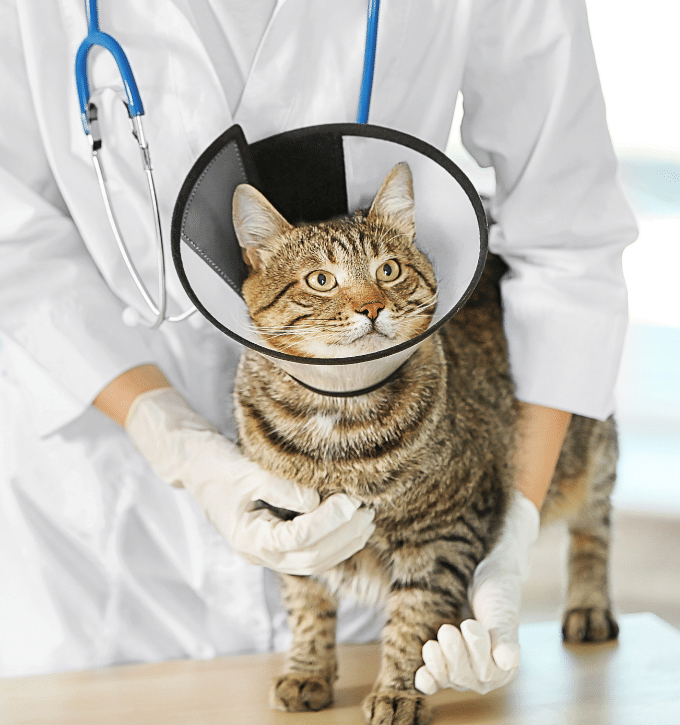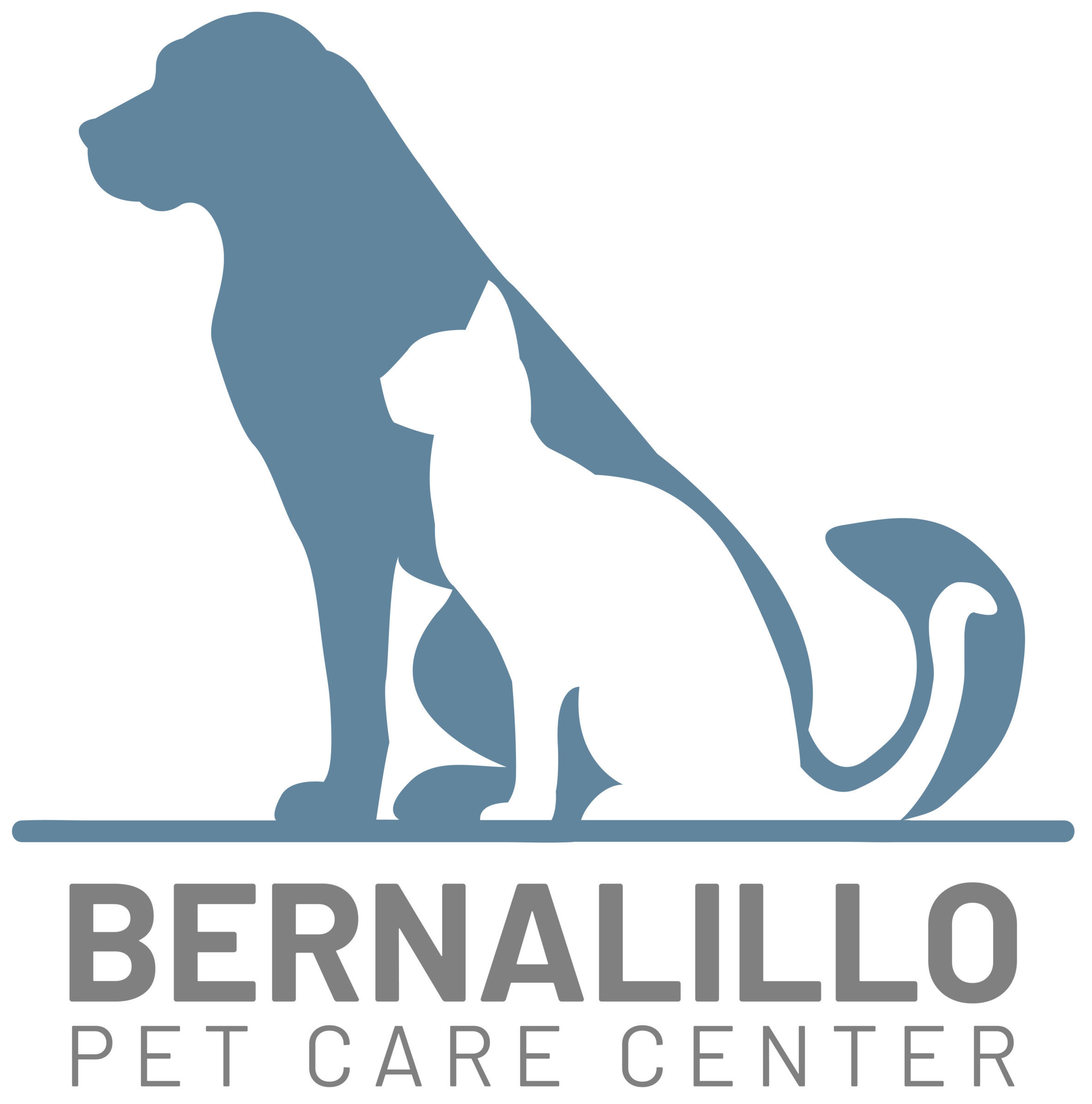Veterinary Services
Pet Surgery
Please scroll below to learn more about our pet surgery.

Pet Surgery in Bernalillo, NM
Our veterinary team is highly skilled and experienced in performing a wide variety of pet surgeries using modern techniques, cutting edge equipment and always adhering to the strictest standards of safety and care.

Bernalillo Pet Care Center is fully equipped to do most soft tissue and orthopedic surgeries as well as spay/neuter. We understand your concerns about the risks of anesthesia and utilize the most updated monitoring equipment to help alleviate these concerns. In the event of major or more complex surgeries, our veterinarian team can refer you to a specialist. Visit our FAQ page for answers to our most commonly asked surgery questions.
If your pet needs surgery, please be sure to meet with our veterinary team immediately to get all of the information you need. We use cutting-edge technology to provide the safest surgical procedures for our patients. Our veterinary team will be with your pet every step of the way, and here to answer any and all questions you may have. Upon discharge, we take the time with a discharge consult to ensure that you are well-informed about the aftercare your furbaby will require after his/her big day at the vet. Once home, we’re here if you have any questions at all.
